Why I Sleep on the Ground
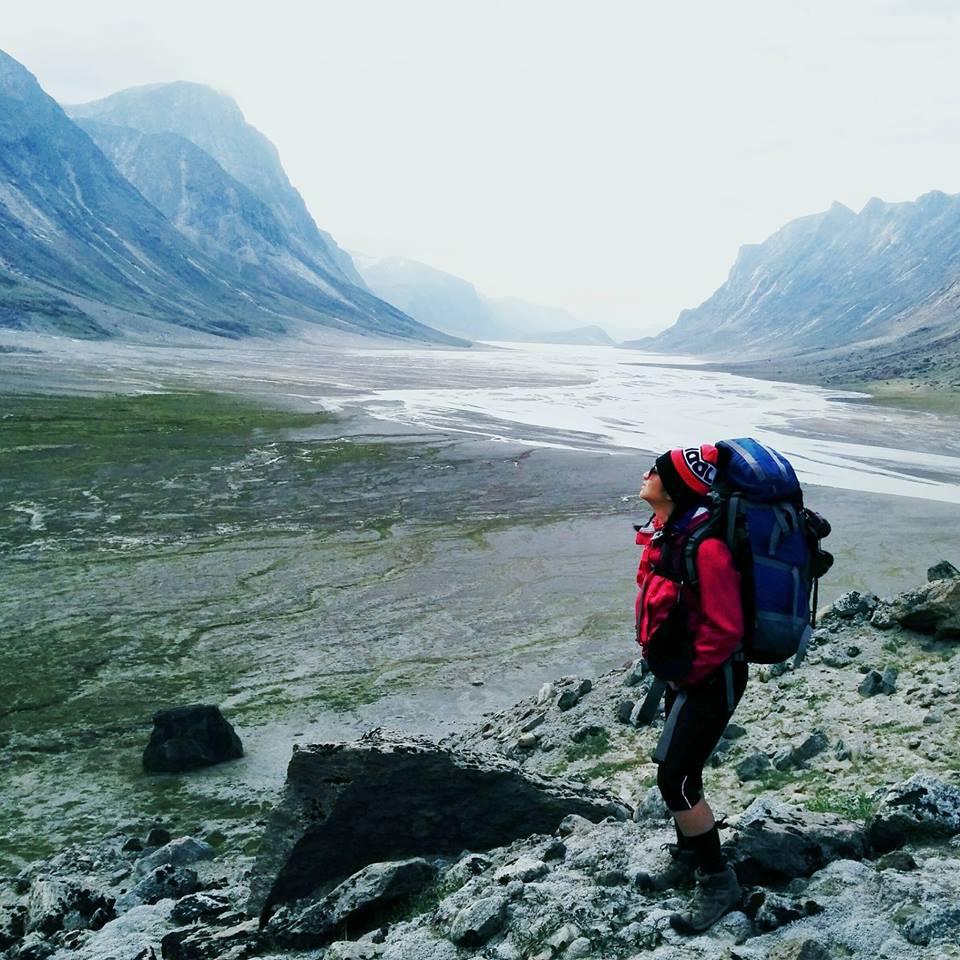
The author pictured during a 3-day hike in Auyuittuq National Park, Baffin Island, Nunavut, Canada
My family and I immigrated to Canada from southern China when I was 8 years old.
My father grew up in rural Guangdong province in a poor village where he herded cows. My mother is from a mid-sized city and her family of eight endured a lot of suffering during the Cultural Revolution. However, through hard work, sacrifice, and luck, my parents decided to leave their humble beginnings behind to seek a new life in Canada.
So imagine their horror and dismay when I told them I wanted to go "camping": to sleep on the forest floor, eat simple meals cooked over a tiny propane stove, and to hike for days just to come back to where I started. It made no sense to them. They did not see the value in risking my life, spending my hard-earned money, investing my time and energy into an activity that reminded them of their peasant past. They say to me: "Nu-er, we don't have to sleep on the ground anymore. Do you need money to buy a new mattress?"
I laugh and say no, I've actually been eyeing the ultra-lite sleeping pads at MEC. What they don't realize is that, for me, being able to choose to spend my leisure time outdoors is an honour and a privilege. Although we did not know the colonial history of Canada before we settled here, I have since learned about the Indigenous land that we are now "nouveau-settlers" on. So when I hike through the beaches and trails of my new home, I and mindful to respect the land of which I am a guest on. I do this by acknowledging the traditional territory and by taking the time to learn about the First Nations, Métis, and Inuit communities who have lived, worked, and played on these lands for millennia.
When my parents moved us here, they wanted to give me access to opportunities, to possibilities. They may never truly understand why I choose to spend my weekends and holidays in the mountains of North Vancouver, or the coastal Gulf Islands in the Pacific Northwest, or the remote valleys of Baffin Island*. But I always think of their resilience on the hardest ascents and it motivates me to step over that last ridge to reach new heights beyond their wildest imaginations.
Author: Sally Lin
Website: https://sallyyuelin.com/
Do you love the outdoors? Do you have a lot of outdoorsy friends? Are most of them White? Well, you might relate to the following experiences. Eugene Pak lays out ten things he wishes his outdoorsy White friends knew about him..
There aren’t many role models for aspiring Black climbers and we take much longer to receive support as athletes.
“We’re asking, what are my challenges; what keeps me away from climbing and what brings me towards it,” said Melissa. The intention is that, by focusing on content and a diverse user experience, they can move beyond the one note depiction of climbers as white, cisgender, able-bodied and male.
Mountain Project, and REI by extension, were more comfortable with protecting the rights of first ascensionists than with envisioning a future where no climber has the power to name a climbing route Black Chicks in Heat.
You’ve started climbing in the gym regularly and are hooked; but you also see photos of people climbing outside and want to give that a try. Leaving the comfort of padded floors and color coded routes can be daunting, and the rock is not nicely labeled with their grades. So how do climbers know which rocks to climb on?
…they have the means, the resources to condition themselves for the single-minded pursuit of an irrelevant task that adds no value to the world, that saves no one, that does nothing to address actual problems. And we, the audience watch to see if, with every possible resource and assurance, they are able to complete the task. Spoiler alert, they usually do.
Being a woman is another reason to be the best athlete you can be at any sport you love, because your success is someone else’s motivation to start.
Growing food reminds us to surrender to the cycle of life, death and rebirth. In this process, we’re growing and transforming, too.
I’ve dealt with anxiety since I was a child. I came out at 12 to a conservative community, and was bullied throughout my elementary and high school years for being queer, gender nonconforming, asian and for my weight. The ongoing stress from these experiences resulted in my brain being wired in a way that always anticipated the worst.
My goal is to erase the stigma of being an African-American who is afraid of camping, or hiking, or swimming, and to change the narrative that white folks have about what black people do or don't do.
In April of last year, I moved to a thirty-acre farm in Santa Cruz, CA, to learn to grow organic vegetables, flowers, and fruit trees. That experience empowered me to see myself as a black woman both caring for and cared by the land.
Dawn Wall and Free Solo took up so much screen time, so much cultural space, that I am left feeling as though none of the work around diversity in the outdoor industry is ever going to pan out if we keep bolstering straight, cis-gendered, white men as demigods.
I remember my relatives yelling at me to stop playing in the sun; I remember my aunt telling my cousin that her skin was dark and ugly—casually, as if discussing something as mundane as the weather
Whenever I grew fatigued, the backhanded compliments kept me going. “You look so much better with straight hair!” and “when your hair is straight, you look so exotic!” were the most common. There was no way I could go back to feeling ugly, “too black” or less than.
…I finally realized that my inner discomfort is rooted in a feeling of not-belonging. The problem is that we live in a society dominated by whiteness, and I will always be othered because I am not white.
We need to cultivate a welcoming environment; to see other minorities thriving in order to set an example of acceptance. Being "the only one" is not enough. Individual stories of accomplishment are not enough.
The outdoors do not always feel like a great place for a woman of color because of the other people who occupy, and in most cases have ownership of that space. The same people who claim there is no barrier are often the ones building the fence while denying they’re holding a hammer and nails.
I sat alone on the side of the mountain nursing my pride and a torn ligament. To be fair I didn’t realize how serious the injury was at the time. And while I considered asking for help, I was too shy and embarrassed to admit that I needed it. Instead I thought back to what got me into skiing in the first place.
They’ll tell me how beautiful my land is, how strong the people are—the incredible generosity of the incredibly poor. They’ll ask me if I’ve ever been to my homeland without ever knowing the deep, inter-generational heartbreak of that question.
A couple years ago I began working with the migrant youth in my community. Their fears, insecurities, and internalized shame were all so similar to me. They were mine.
All of the fishermen I saw along the way were black or brown-skinned men with rods in one hand and suitcases filled with a day’s catch in the other. I wondered, as I walked, why none of this was included in our understanding of what it means to be “outdoorsy?”


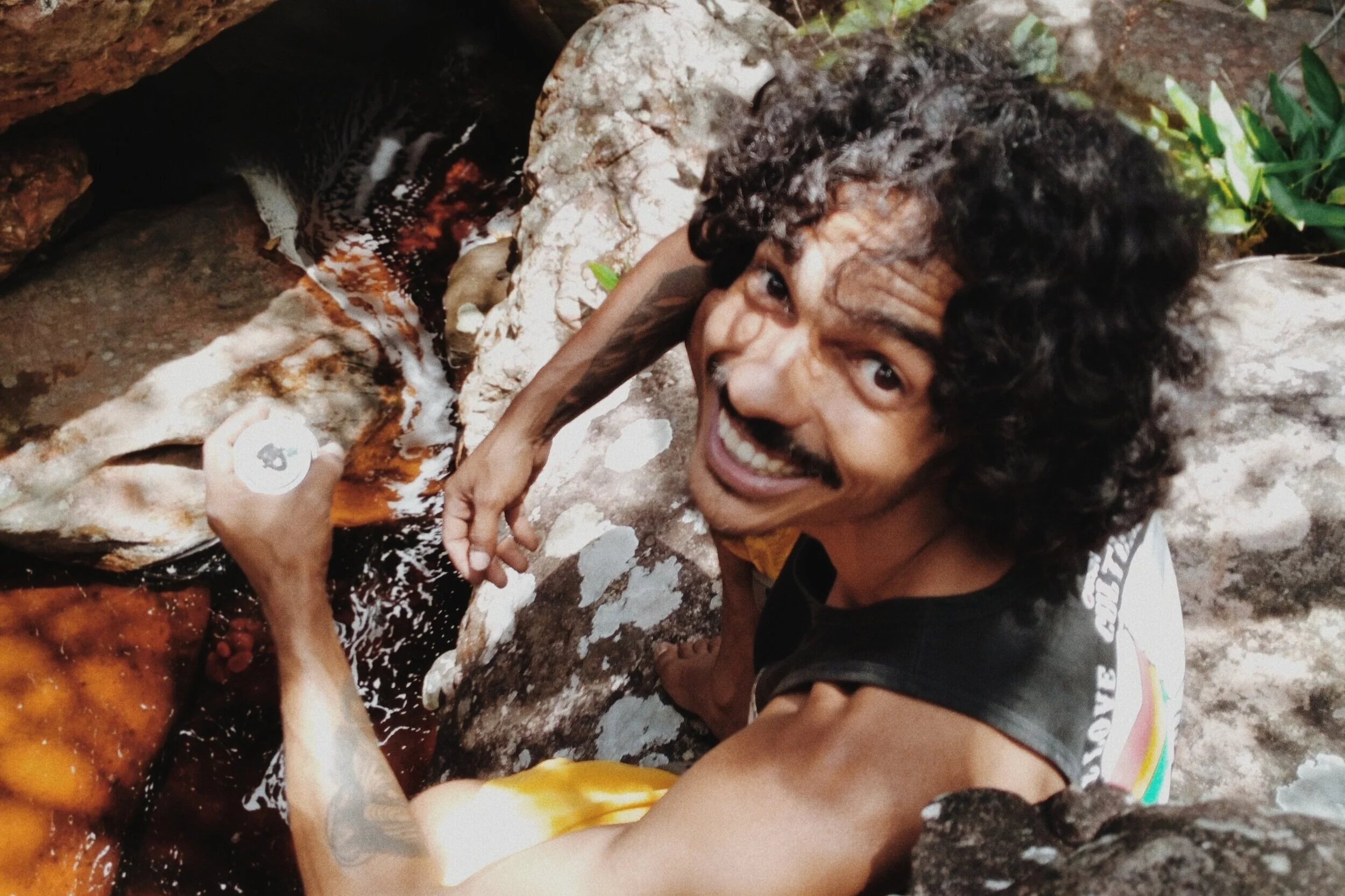





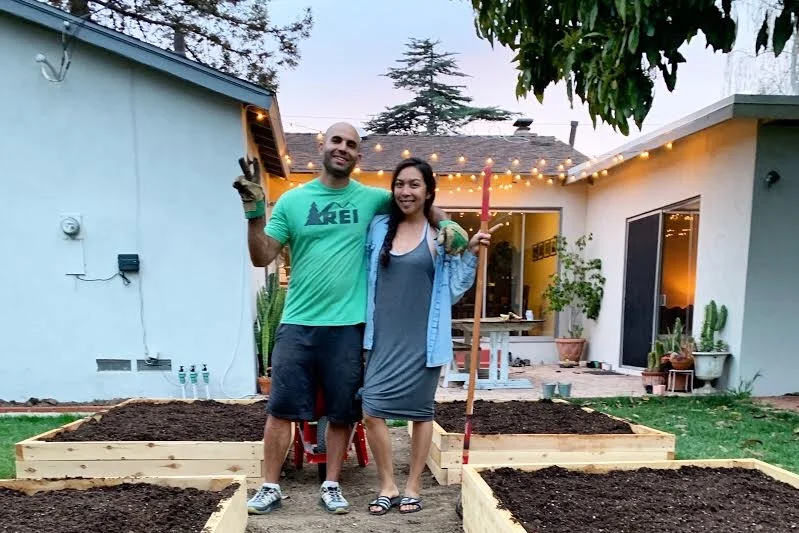

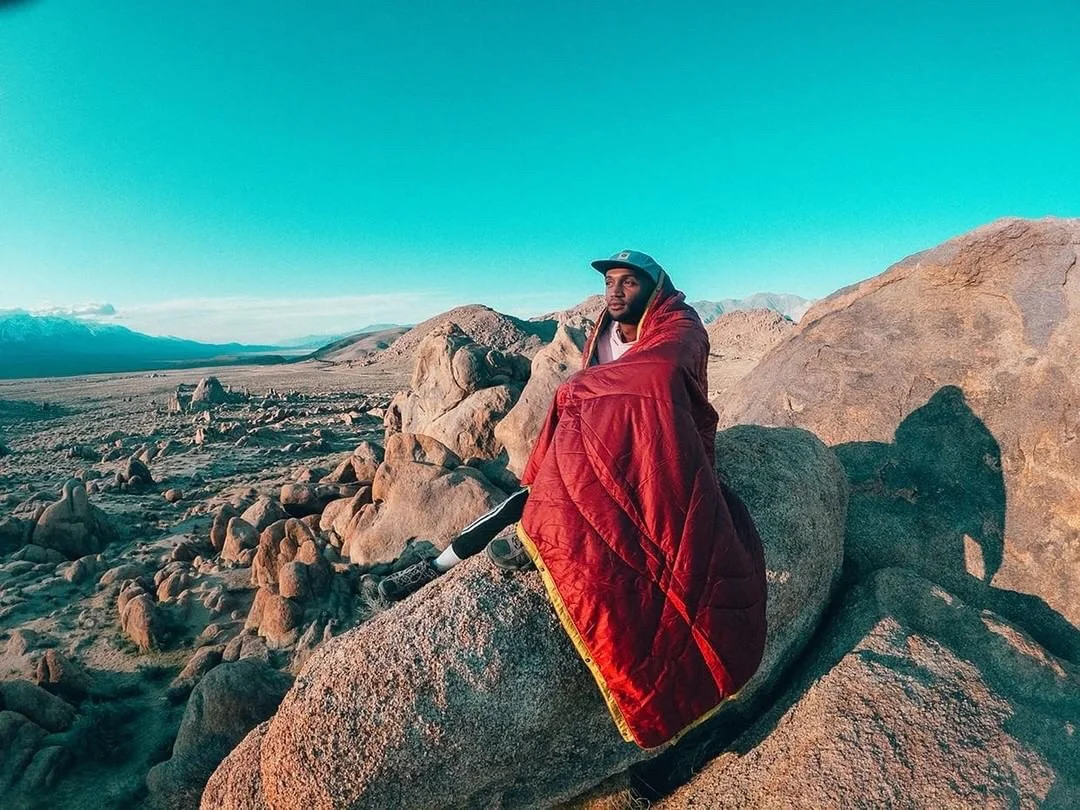

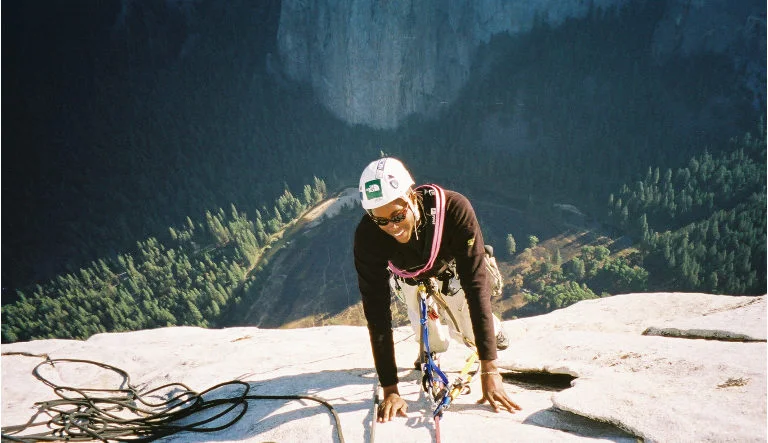









As knowledge of the outdoors tends to be handed down generationally, this broken chain has denied today’s black youth the tools they need to be able to tackle the outdoors with any degree of confidence […] we have effectively become an urbanised people.